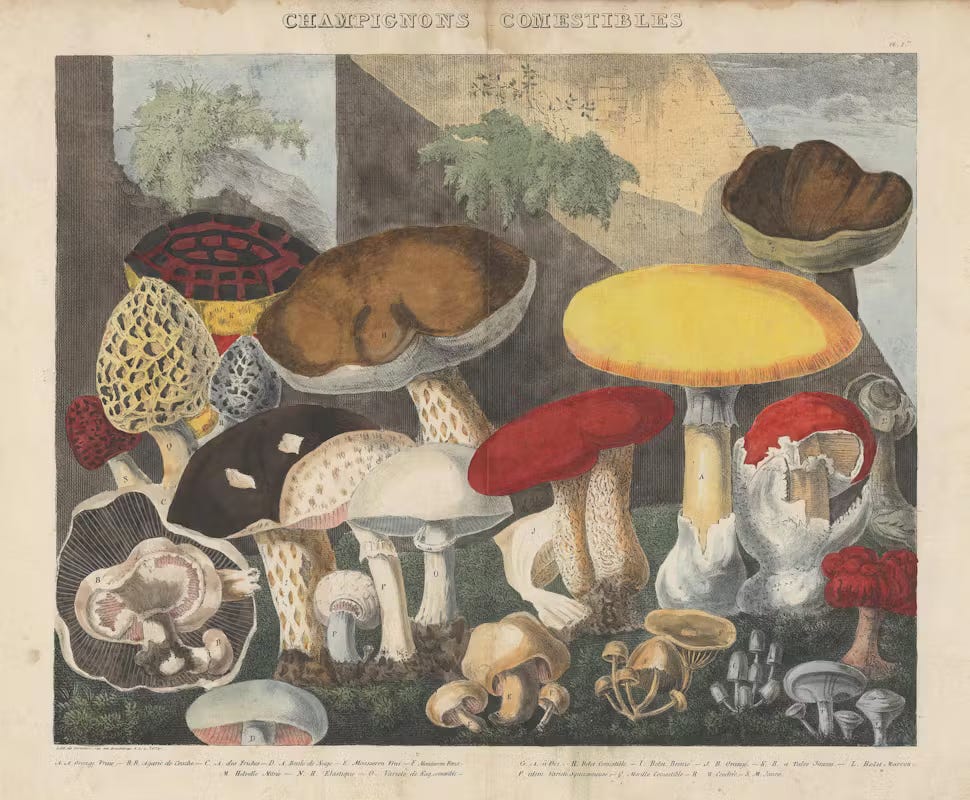
Even now there are places where a thought might grow.
Derek Mahon, ‘A Disused Shed in Co. Wexford’
From a very early age, I was obsessed with stationery, notebooks especially. This isn’t unusual in children. Or adults. Often it turns into a kind of fetish. There is that sense of endless possibility, which I wouldn’t want to deny here, though the endless emptiness has some kind of pull in its own, too. These days, the blank page or the blank screen provokes an uh oh as much as a what if? This doesn’t stop me buying new notebooks. The opposite, even. The number of notebooks I have going at anyone time seems to grow every year.
One result is that almost everything I write at least starts on paper. Blogs like this often appear in some shape or form in my diary, but I also have a book for quotes/notes, another for planning projects (i.e. making lists, drafting articles) and another for poems. The diary, half-kept, also doubles as a half-kept reading diary and those notes themselves sometimes turn into book reviews.
In fact, and despite my best intentions, every notebook sooner or later takes on a dual purpose. The ‘projects’ book is swiftly becoming another book of quotes, because I need the quotes to write the articles. The quote book is filling up with clippings from magazines, because they look nice and because my handwriting is illegible. Meanwhile poems, like weeds, get everywhere.
The result is anarchy: I am always losing track of what I have written and where it is. In turn, I am always plotting ways to make the system less of a mess and more of a system.1 Each time I start a new notebook I tell myself I know what this one is for. But I know, too, that it’s a battle I don’t really want to win.
Writing, at least for me and at its heart, is inchoate. Words come out. You work out what to do with them later. Or not, as the case may be: one way of thinking about modernism is as a kind of cult of the first draft.2 So, one of the things that I am doing when I categorise my ntotebooks is ‘internalising’ those demands which perhaps only really exist in relation to publishing: I am skipping ahead to moment at which it will be read by someone else and so needs to be branded in such a way that they know what to expect.
Poetry, in particular, seems to grow in the gaps, like changelings in and among other things I thought I was writing. I might work them up in the ‘poetry’ book later, but they rarely start there. This doesn’t mean they always come out looking like prose. Sometimes they do. Sometimes they are trying very hard to get away from the prose around them. Poems are a bit like the mushrooms put up by fungi. Sometimes they disguise themselves as the detritus they are feeding on, sometimes they are totally alien.
Without wanting to labour the metaphor, they are also, quite literally, feeding on wood, in the form of wood pulp. The impact of “word processing” (e.g. programmes like Microsoft Word) on writing is rarely discussed, even by writers. Like all technologies, it is hard to see the scale of change from the inside. But the strange growths I’m talking about are only possible on paper: documents on computers (or notes on phones) are cut off from one another.3 On the screen, they present as self-contained, independent, published already. The purpose is fixed from the start, so there are no cracks to grow in. No poetry.
There is a psychological truism here: some people create mess so that they have something to clear up.
See, for instance, this excellent piece about Virginia Woolf’s diary.
The real villain here is arguably not the machine but the concept of the document itself. I suppose this was pre-empted by the individual page slotted into the typewriter.


Poetry, in particular, seems to grow in the gaps. - of this I can relate !